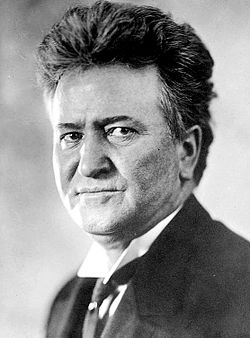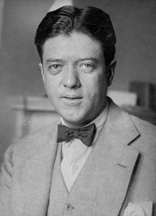
The La Follette family is a prominent family in the United States, especially in Wisconsin. Many of the family members have pursued political office.

The La Follette family is a prominent family in the United States, especially in Wisconsin. Many of the family members have pursued political office.

